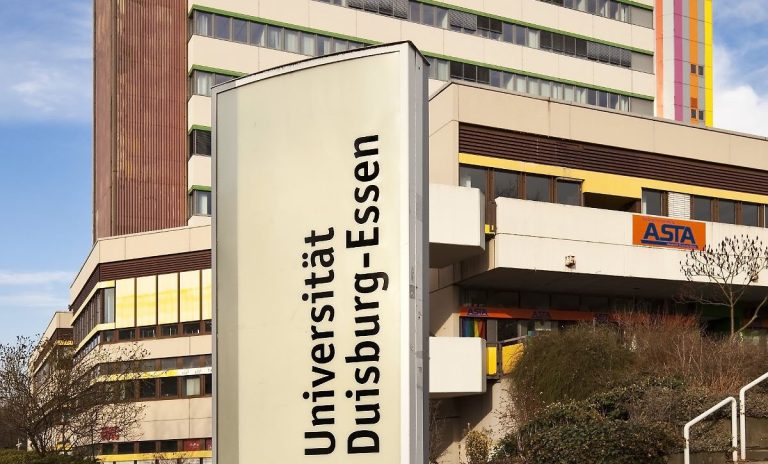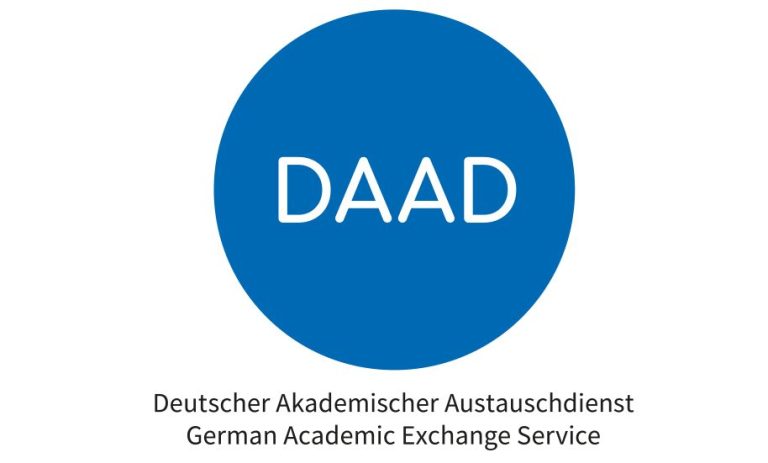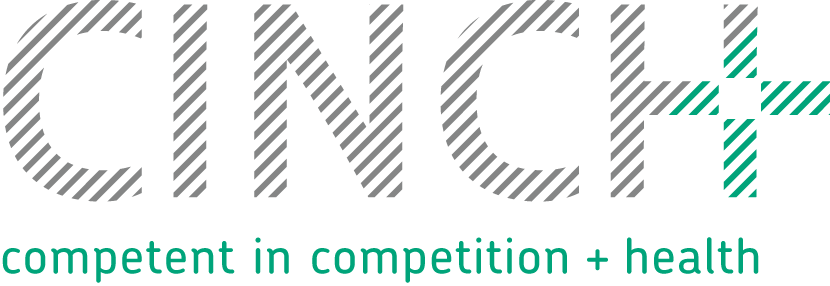Umfeld

University of Duisburg-Essen
The University of Duisburg-Essen (UDE) - one of the youngest and largest universities in Germany - is located in the middle of the Ruhr Metropolitan Region. Since its establishment in 2003, the UDE has developed into a globally recognized research university.
Economics, and especially research about health make a substantial part of the university's research and teaching infrastructure. Find all chairs of economics here.

MSCA Doctoral Network
We are proud to co-ordinate the MSCA Doctoral Network HEPARD (Health Economic Policy Advice with Real-world Data), a prestigious EU-funded research and training programme conducted in collaboration with the Universities of Tilburg, Uppsala, Oslo, UBB in Cluj, and the RWI-Leibniz Institute in Essen. HEPARD brings together leading scholars from economics, public health, and social sciences to investigate persistent health inequalities across Europe. Using cutting-edge methods and real-world data, the network trains a new generation of researchers to develop evidence-based, interdisciplinary solutions to promote health equity and inform effective policy design across diverse healthcare systems.

Essen Health Conference
The Essen Health Conference, currently in its 16th consecutive year, is an annual event that unites leading experts from around the world for a dynamic two-day academic gathering. This conference provides a premier platform for presenting cutting-edge research and networking with academics in health economics and related fields. Each year, the conference features several keynote lectures delivered by internationally renowned experts, offering valuable insights and fostering global collaboration.

CINCH International Fellowship
At CINCH, we have an active international visitor programme that brings junior and senior economists from around the globe to Essen for one semester to join our research group. Our visitor programme promotes collaboration and exchange of ideas, providing visitors with the opportunity to engage with our ongoing research projects and present their work. The visitors are fully integrated into our academic environment and participate in seminars, workshops, and other academic activities, enriching our academic community with diverse perspectives and expertise. Our recent guests have come from various countries including Australia, Italy, Norway, and the United States.

Research Training Group: Regional Disparities
The goal of the RTG Regional Disparities and Economic Policy is to provide an outstanding education for doctoral students while, at the same time, contributing to frontier research in the exciting and dynamic field of regional economics. Combining the expertise of scholars from distinct economic backgrounds (e.g. labour, public, health, macro) and thus different methodological skills, institutional knowledge, and data access, the school provides a graduate program that promises internationally visible scientific output and an excellent academic training environment for PhD candidates.

Weekly Health Econ Seminar
CINCH hosts a weekly seminar series devoted to health economics in collaboration with the RWI Health Economics research group. In the seminar, renowned external researchers from various institutions present their latest findings in health economics. This series fosters an environment of continuous learning and exchange among both early-career and experienced researchers, promoting a vibrant academic dialogue. We have received recent speakers from North America, Europe, Scandanavia, Australia and even Hawaii.

DAAD Guest Professorship
As a cornerstone of our commitment to bring an international perspective into our academic environment, we successfully obtained funding for a prestigious program funded by the German Academic Exchange Service (DAAD), the DAAD Guest Professorship program. This program will bring internationally esteemed researchers to our faculty for a full semester. These guest professors will contribute to our health economics courses, enriching the international environment and enhancing the quality of both our teaching and research activities. Students will benefit from the courses taught by the guest professors and by having the opportunity to receive feedback on their work from a leading international expert.

CINCH-dggö Acadeny in Health Economics
In partnership with the German Health Economics Association (dggö), the CINCH-dggö Academy in Health Economics offers specialised training for doctoral students and early-career researchers. This academy focuses on pressing topics such as the economics of pandemics, risky health behaviors, and mental health, featuring highly renowned lectures from esteemed international academics. Special emphasis is placed on the professional development of junior researchers and providing ample opportunities for career development, including individual feedback, career advancement modules, networking, and mentoring.

Ruhr Graduate School in Economics (RGS Econ)
The Ruhr Graduate School in Economics (RGS Econ) offers a PhD programme in Economics, complying with the highest international standards and combining the expertise of four economics departments at the universities in the Ruhr Valley Area (UA Ruhr): Ruhr-Universität Bochum, TU Dortmund University, and the University of Duisburg-Essen; with that of the RWI - Leibniz Institute for Economic Research. The RGS organizes early-career conferences, workshops, and short courses taught by prominent international researchers that connect our students both internally and externally and often lead to collaborative dissertation projects.

RWI Health Department
CINCH collaborates closely with the RWI – Leibniz Institute for Economic Research, which is a leading centre for scientific research and evidence-based policy advice in Germany. RWI's research is organized in five departments, including a research group on health economics, that has close ties with the research group CINCH. The groups jointly organize and actively participate in the Essen Health Economics Seminar Series. Several collaborative projects and grant applications have emerged out of this partnership, which enriches the learning experience by integrating practical policy insights from the RWI with theoretical research undertaken at CINCH.

